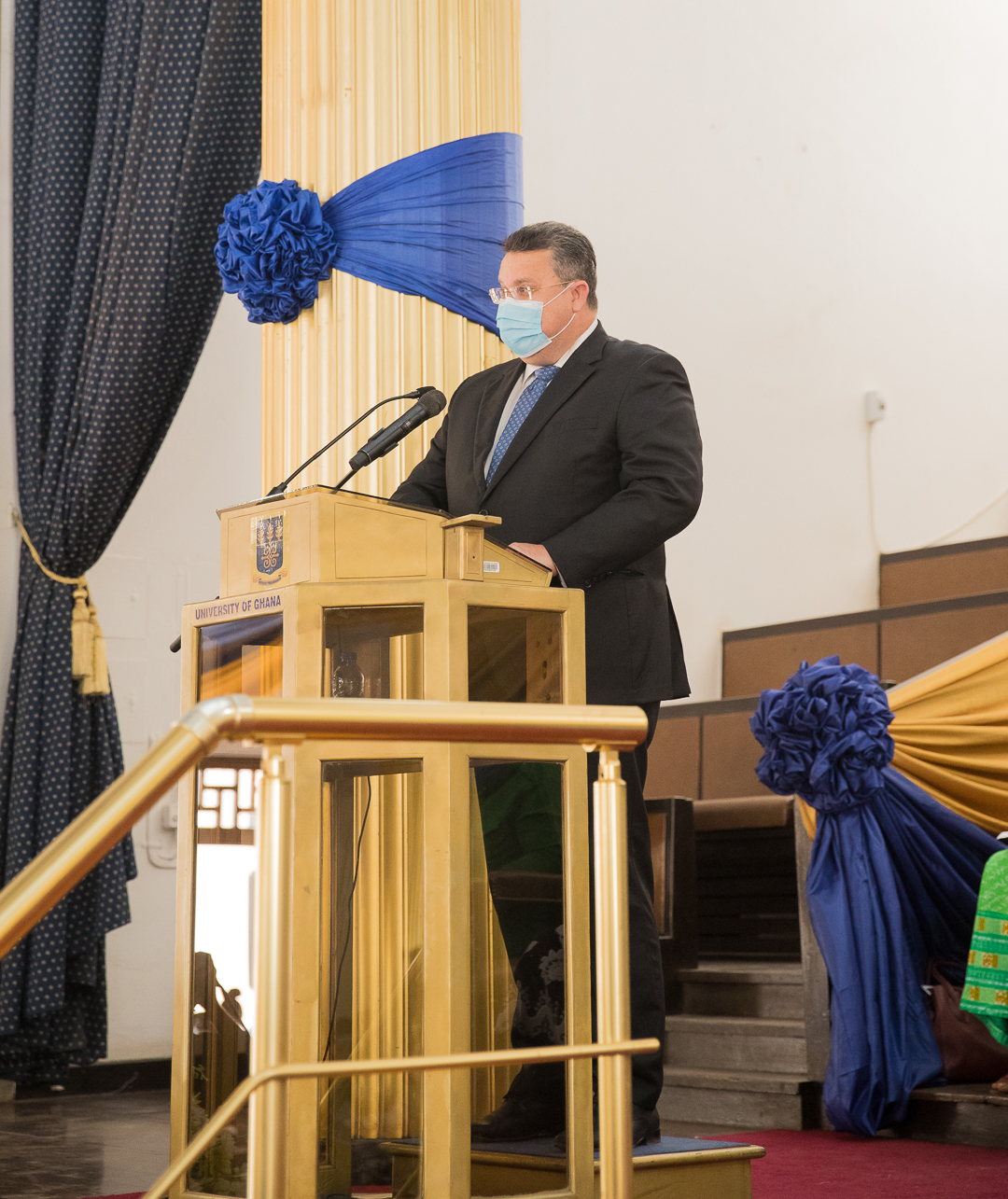
Accra, Ghana//-The World Bank has cautioned the Ghanaian government to be mindful of the poor and vulnerable in its attempt to revamp the economy.
The World Bank’s Country Director for Ghana, Pierre Laporte who made the call at the opening ceremony of the 2022 New Year School at the University of Ghana on Tuesday, stressed that any measure that impacts negatively on their already dire living conditions would not yield the desired result.
Mr Laporte used the occasion to appeal to the government to target safety net programmes and other initiatives aim at improving the standard of living of its citizens especially the poor and the vulnerable.
He noted: “Inflation in Ghana has exceeded the Central Bank’s target since October last year, largely driven by global inflation. There are many reasons to be concerned [because] inflation is a terrible thing for the economy, especially for the poor.
“Our focus will continue to be to advocate for (i) protecting the poor -for instance through targeted social safety net programs – programs and (ii) boosting the productive capacity of the economy, which is the most sustainable way of dealing with inflation”.
Mr Laporte encouraged economic managers of the country to take stringent measures to increase revenue mobilisation and the responsiveness of the health system to meet demands.
Such measures, he said would yield dividends in the country’s quest to confront inflation.
“Notwithstanding Ghana’s strong recovery growth, it came into the crisis [Covid-19] with certain degree of fiscal fragility, with a level of borrowing that wasn’t much with the required level of revenue mobilisation. I am sympathising with my colleague Finance Minister in the need for Ghana to take the necessary steps to boost revenue mobilisation.”
Mr Laporte added: “Secondly, boosting the productive capacity of the economy which is the most sustainable way of dealing with inflation. Ghana needs to bolster the responsiveness of the health system. Ghana’s population will continue to grow and that means it’s imperative to provide quality education”.
Ghana’s population will continue to grow and that means it’s imperative to prioritize education and jobs, he told participants including the President Nana Addo Dankwa Akufo-Addo at the event.

Ending his speech on climate change, Mr Laporte observed that climate change would continue to translate into warmer temperature and more frequent and extreme climate events.
To this end, he therefore called on Ghana to do its share to reduce emissions but even more urgently to adapt its agriculture, cities, infrastructure and economy to avoid major losses.
African Eye Report


